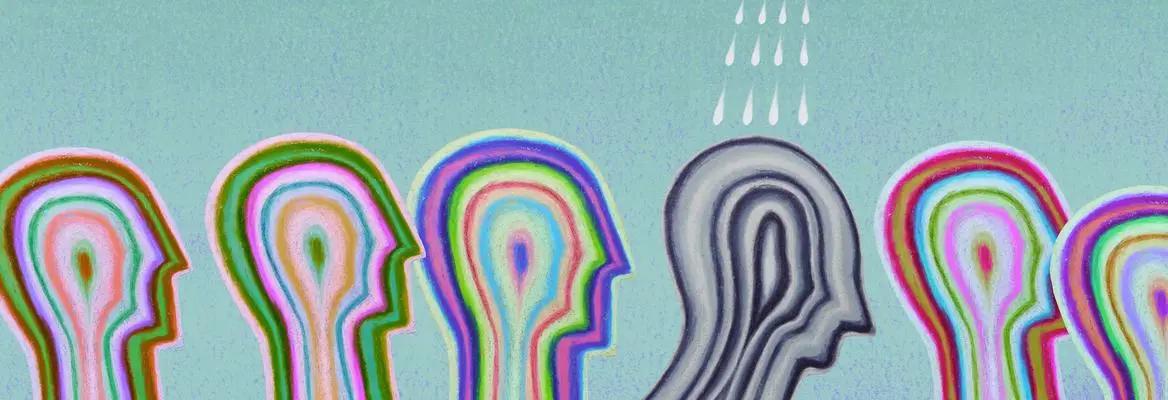The pandemic brought up some difficult moral dilemmas. Choosing to do what would maximize human happiness might seem like a no-brainer. But the many unintended or even unknown consequences that measures like lockdowns had complicated matters. An alternative moral outlook, one that asks us to think first about the duties we have towards others and to respect the dignity of every human being would be a better starting point, one that doesn’t lead to treating others as means towards a greater good, argues Amna Whiston.
In July 1884, four Englishmen, sailing to Sydney from Southampton, were stranded at sea for several days without food and water. One night, one of them, a seventeen year old cabin boy, fell ill, after drinking sea water. Two of the sailors decided to sacrifice him for the good of the rest. They had wives and families; the cabin boy was an orphan with no connections. The three remaining sailors were rescued four days later. This incident led to a famous English criminal case, R v Dudley and Stephens. Its ruling established one of the most important precedents in common law stating that cannibalism and necessity for survival cannot excuse murder. Lord Coleridge held that there is never any absolute or unqualified necessity to preserve one’s own life and the judges found that there was no common law defence of necessity to a charge of murder. Dudley and Stephens were sentenced to the statutory death penalty, but the sentence was commuted to six months in prison.
In light of the moral challenges the COVID-19 pandemic has brought to the surface, some have argued that utilitarianism is the only possible response. Utilitarianism, sidestepping questions around personal motive, offers us a single measure of moral rightness: the maximising of happiness and wellbeing. But as case studies like the above suggest, utilitarianism can be used as a rationale to justify the sacrifice of others for “the common good”. Luckily, other types of moral deliberation, focussed more on our duties towards others, still have a powerful pull on us.
Relying exclusively on the rationale of moral duties is also suspect.
The intuition and limits of duty
In a typically emotive language of the Victorian times, the courtroom rhetoric about the R v Dudley and Stephens case reiterated that duty, ‘as in the noble case of the Birkenhead, impose on men the moral necessity, not of the preservation, but of the sacrifice of their lives for others’. Further, ‘a man has no right to declare temptation to be an excuse, nor allow compassion for the criminal to change or weaken in any manner the legal definition of the crime’. This courtroom language and art of persuasion had a distinctly Kantian air to it – Kant being the paradigmatic advocate of moral duty as the ultimate guide to action.





















Join the conversation